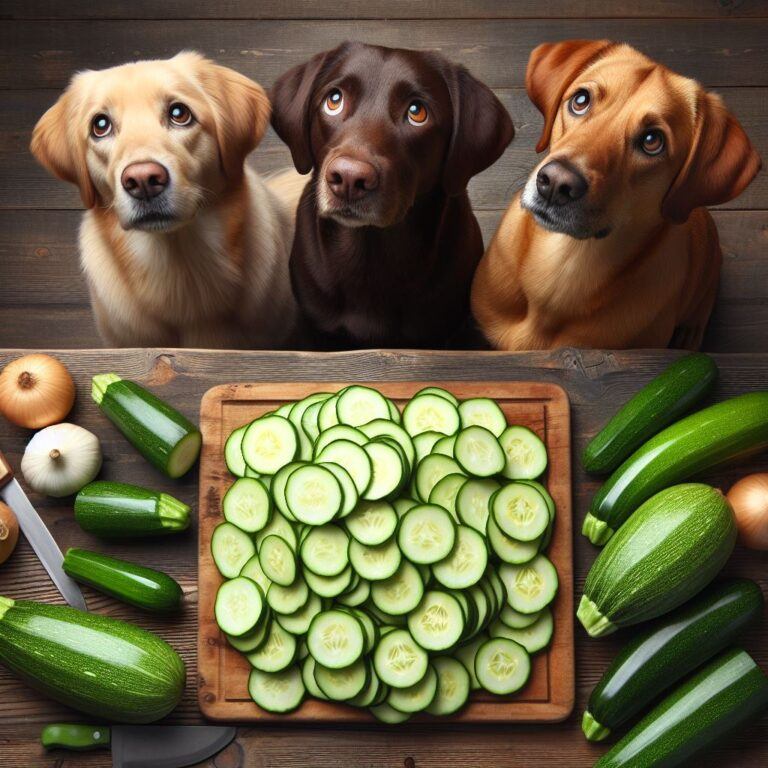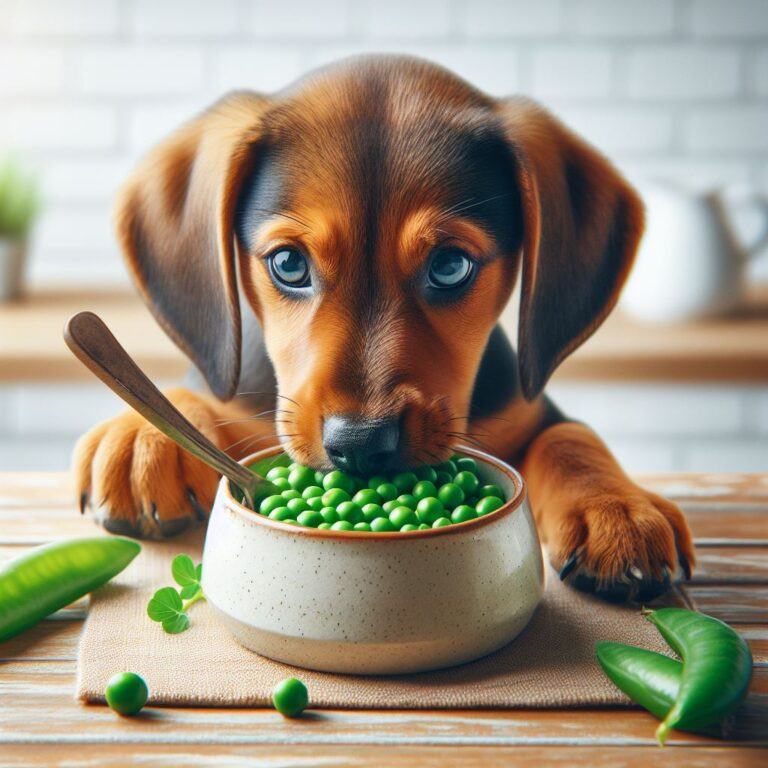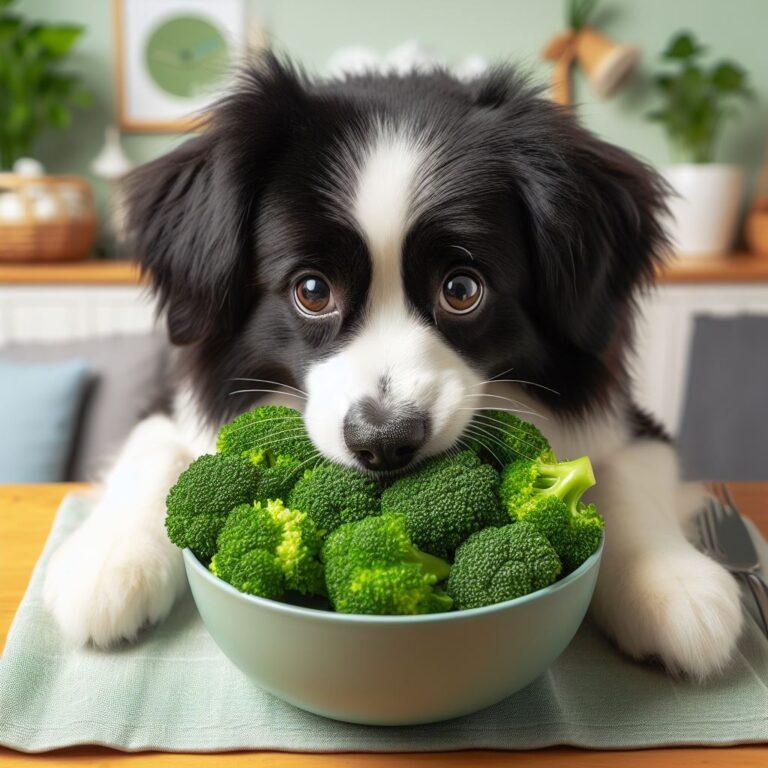Can Dogs Safely Eat Chives
To put it bluntly, chives are a no-go for dogs. This pungent member of the allium family contains disulfides and thiosulphates, compounds that can be harmful to your canine companion. If ingested, these substances can lead to gastrointestinal upset and, more seriously, hemolytic anemia, a condition characterized by the destruction of red blood cells.
Awareness of the foods that share our table is crucial when it comes to dogs. Chives may seem harmless as a garnish or flavor enhancer in our meals, but for dogs, their ingestion can lead to symptoms such as vomiting, diarrhea, weakness, lethargy, and abdominal pain.
Even a small amount can cause toxicity, which means keeping chives out of reach is essential for your dog’s well-being.
As a responsible pet owner, understanding what is safe and what could be harmful to your pet is part of ensuring a good quality of life for them.
Now that we’ve established the dangers of chives, let’s look into what constitutes a healthy canine diet. After all, ensuring your dog receives appropriate nutrients is the cornerstone of their health and happiness.
Moving forward, knowing the nutritional truths and debunking the myths about what dogs should eat will be your greatest tool in maintaining their health.
Understanding Canine Nutrition and What Dogs Really Need
I need to make it clear that a dog’s diet is quite different from that of a human. They require a specific balance of proteins, carbohydrates, fats, vitamins, and minerals to thrive.
Unfortunately, chives along with other members of the same family such as garlic, shallots, and onions simply don’t align with these canine nutritional requirements.
Sure, they’re loaded with beneficial nutrients for us, but the same rules don’t apply to our four-legged companions.
Instead of chives, there are plenty of other safe and healthy herbs that can be included in tiny amounts in a dog’s diet, like basil or parsley.
These can add a bit of variety and provide some nutritional benefits without the risks that chives carry. Some pet owners also offer cooked vegetables such as carrots, pumpkin, broccoli, or green beans, which can be excellent treats in moderation.
A balanced and safe diet for dogs can often be achieved with high-quality commercial pet food that’s specifically formulated for your dog’s breed, age, and health condition.
If you’re feeling adventurous and want to prepare homemade meals, it’s essential to do so under the guidance of a veterinarian or a canine nutritionist to ensure that all of a dog’s dietary needs are being met.
It’s a common misconception that what’s healthy for humans is also good for dogs. While certain fruits and veggies can be a good addition to a dog’s diet, others, like grapes and onions, can be extremely harmful.
The key is to know which foods are safe and to always introduce new foods in small, controlled amounts to monitor your dog’s reaction.
In Case of an Accidental Encounter with Chives
Mistakes happen, even to the most careful of dog owners. If your dog accidentally consumes chives, take action quickly.
Your immediate response should be to assess how much your dog has eaten. A small nibble might cause minor issues, whereas larger amounts could call for emergency attention.
If symptoms like vomiting or diarrhea ensue, call your vet without delay. Give them as much information as possible about what your dog ate, how much of it, and when. This will help your vet determine the best course of action.
Sometimes, a vet might advise you to induce vomiting in your dog. However, do this ONLY under professional guidance.
Attempting it without instruction can do more harm than good. Trust the experts; they’ve trained for situations like this.
At the clinic, your vet may use treatments such as activated charcoal to prevent further absorption of toxins or provide supportive care to manage symptoms.
Remember, the key to handling any such crisis is speed and seeking professional help. Prevention is always the first line of defense, but quick action can mitigate risks if chives have already been eaten.







